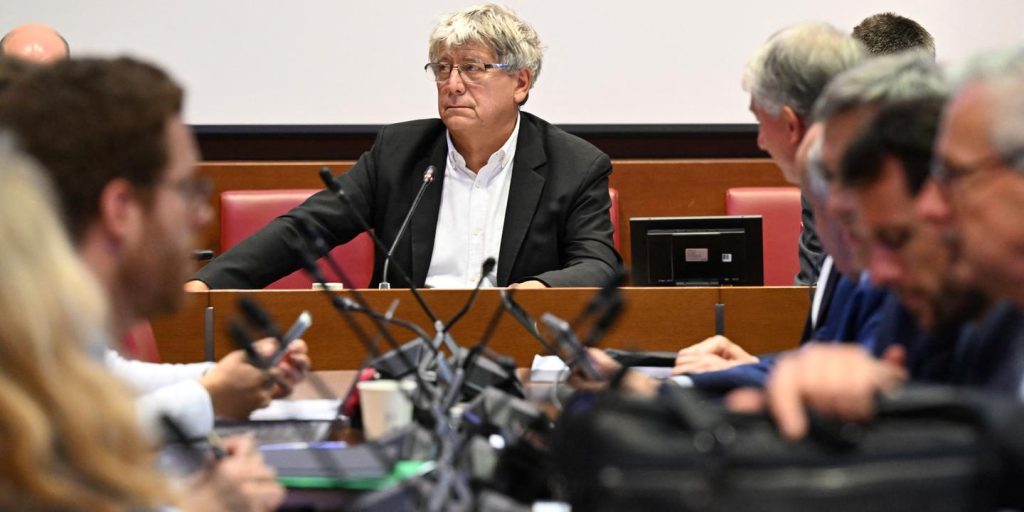The amendment proposed by the lawmakers of La France Insoumise (LFI) and their left-wing allies aims to impose a tax on the “superprofits” of large corporations, in order to contribute to national solidarity. This tax would apply to companies with over 750 million euros in revenue and would target those who have benefitted excessively from the health and energy crises. It is estimated that this tax could generate 15 billion euros in revenue. However, the amendment will need to be voted on again next week during the examination of the revenue part of the 2025 State budget in the National Assembly.
The definition of “superprofit” would be based on profits exceeding 1.25 times the average annual profits between 2017-2019, before the Covid crisis. The additional taxation on these excess profits would be imposed in three brackets at 20%, 25%, and 33%. Lawmakers argue that companies such as gas groups making over 10 billion euros in profits in the first semester should contribute to the collective effort. While some parties, such as Republicans (LR), see the proposal as a deterrent for businesses to remain in the country, the National Rally (RN) found the idea interesting and abstained from the vote.
In addition to the tax on superprofits, the finance committee approved several measures to reduce the research tax credit (CIR), which some critique for its cost compared to its effectiveness in supporting growth and employment. One amendment proposed by the Socialist Party would convert the tax credit into a tax reduction for large companies, who would no longer benefit from it if they have insufficient profits or losses. Another amendment from the right-wing proposes to exclude finance and insurance companies from benefiting from the CIR, potentially saving 1.5 billion euros out of the total 8 billion cost of this tax break.
Moreover, the lawmakers approved increases in local taxes, including a higher tax on second homes and an extension of the tax on commercial surfaces to include large warehouses, targeting the online e-commerce sector. On the other hand, the committee supported an exemption from property tax on agricultural land, surpassing the government’s proposed measure. The discussions on these amendments continued throughout the weekend, with over 400 amendments still to be reviewed before the parliamentary debates beginning on Monday.
Overall, the proposals put forward by LFI and left-wing allies aim to redistribute wealth and promote social solidarity by taxing large corporations’ superprofits and reducing tax breaks that are deemed ineffective in supporting economic growth. The debates in the National Assembly reflect the different perspectives on how to adjust the tax system to ensure fairness and sustainability, with some parties seeing the measures as necessary for a more equitable distribution of resources, while others express concerns about the potential impact on businesses and the overall economy. The final decisions on these tax measures will be made during the upcoming parliamentary sessions, where additional amendments and discussions will shape the future fiscal policies of France.


